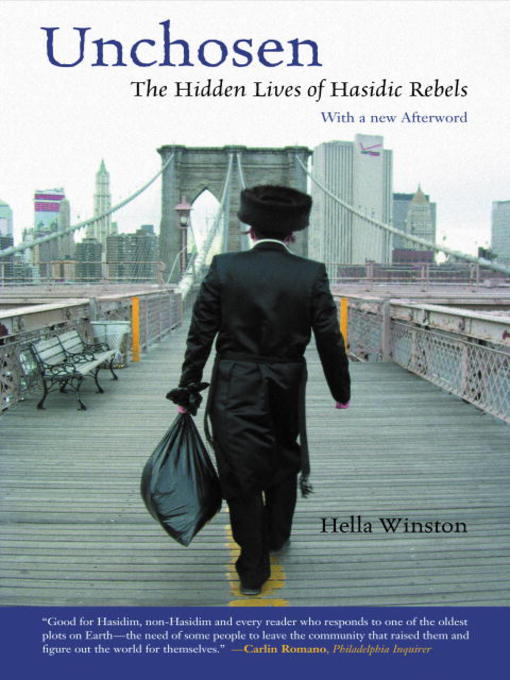- Newly Added Audiobooks
- New Kids Additions
- New Teen Additions
- Most Popular
- Try Something Different
- Available now
- Audiobooks for the Whole Family
- See all
- Celebrity
- News & Politics
- Food & Wine
- Health & Fitness
- Cars & Motorcycles
- Travel & Outdoors
- Women's Lifestyle
- Men's Lifestyle
- Fashion
- Kids & Teens
- See all


